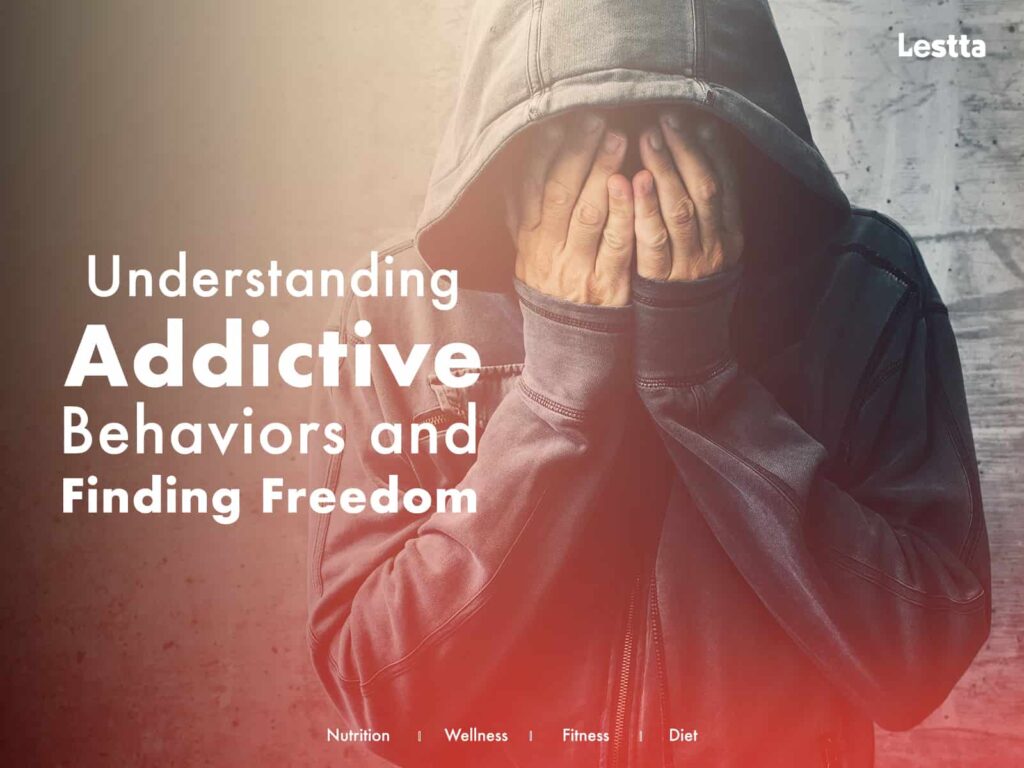
Addictive behaviors are complex patterns that can grip individuals and affect various aspects of their lives. Whether it’s substance abuse, compulsive gambling, or even overeating, addictive behaviors can have a detrimental impact on the overall quality of life. Let’s explore the nature of addictive behaviors and their underlying causes.
Understanding Addictive Behaviors
They are characterized by a loss of control and a compulsion to engage in certain activities or consume substances, despite negative consequences. They often provide temporary relief or pleasure, leading individuals to repeat the behavior compulsively.
Addiction can be both psychological and physiological, as substances or activities can alter brain chemistry, reinforcing the need for their continuation.
Its Causes
Numerous factors contribute to the development of addictive behaviors. While genetics can play a role, environmental factors such as childhood trauma, stress, peer influence, and social isolation also contribute significantly.
Additionally, underlying mental health conditions, such as depression, anxiety, or unresolved emotional issues, can increase the vulnerability to them.
Recognizing the Signs
Identifying addictive behaviors can be challenging, as they may manifest differently in individuals. However, some common signs include an increasing preoccupation with the behavior or substance, difficulty in controlling or stopping the behavior, neglecting responsibilities or relationships, and experiencing withdrawal symptoms when attempting to abstain.
Finding Freedom
- Acknowledge the Problem: The first step towards finding freedom from addictive behaviors is acknowledging the problem and accepting personal responsibility. This self-awareness is crucial for initiating change.
- Seek Support: Recovery from them often requires a support system. Reach out to trusted friends, family members, or seek professional help through therapists, counselors, or support groups. These resources can provide guidance, understanding, and accountability throughout the journey.
- Address Underlying Issues: Addictive behaviors are often a symptom of underlying emotional or psychological issues. Addressing these issues through therapy or counseling can help in healing and developing healthier coping mechanisms.
- Develop Healthy Coping Strategies: Learning alternative ways to cope with stress and emotions is essential for breaking free from addictive behaviors. Engage in activities that promote physical and mental well-being, such as exercise, mindfulness, creative outlets, or hobbies. These positive habits can replace the negative patterns associated with addiction.
- Build a Supportive Environment: Create an environment that supports recovery. This may involve making lifestyle changes, such as avoiding triggers, distancing oneself from negative influences, and surrounding oneself with people who encourage and reinforce positive choices.
Conclusion
Understanding addictive behaviors is the first step towards finding freedom. By recognizing the signs, seeking support, addressing underlying issues, developing healthy coping strategies, and building a supportive environment, individuals can break free from the grip of addiction.
It is important to remember that recovery is a journey that requires patience, commitment, and perseverance. With the right resources and determination, a life free from them is possible, opening the door to a healthier and more fulfilling future.









